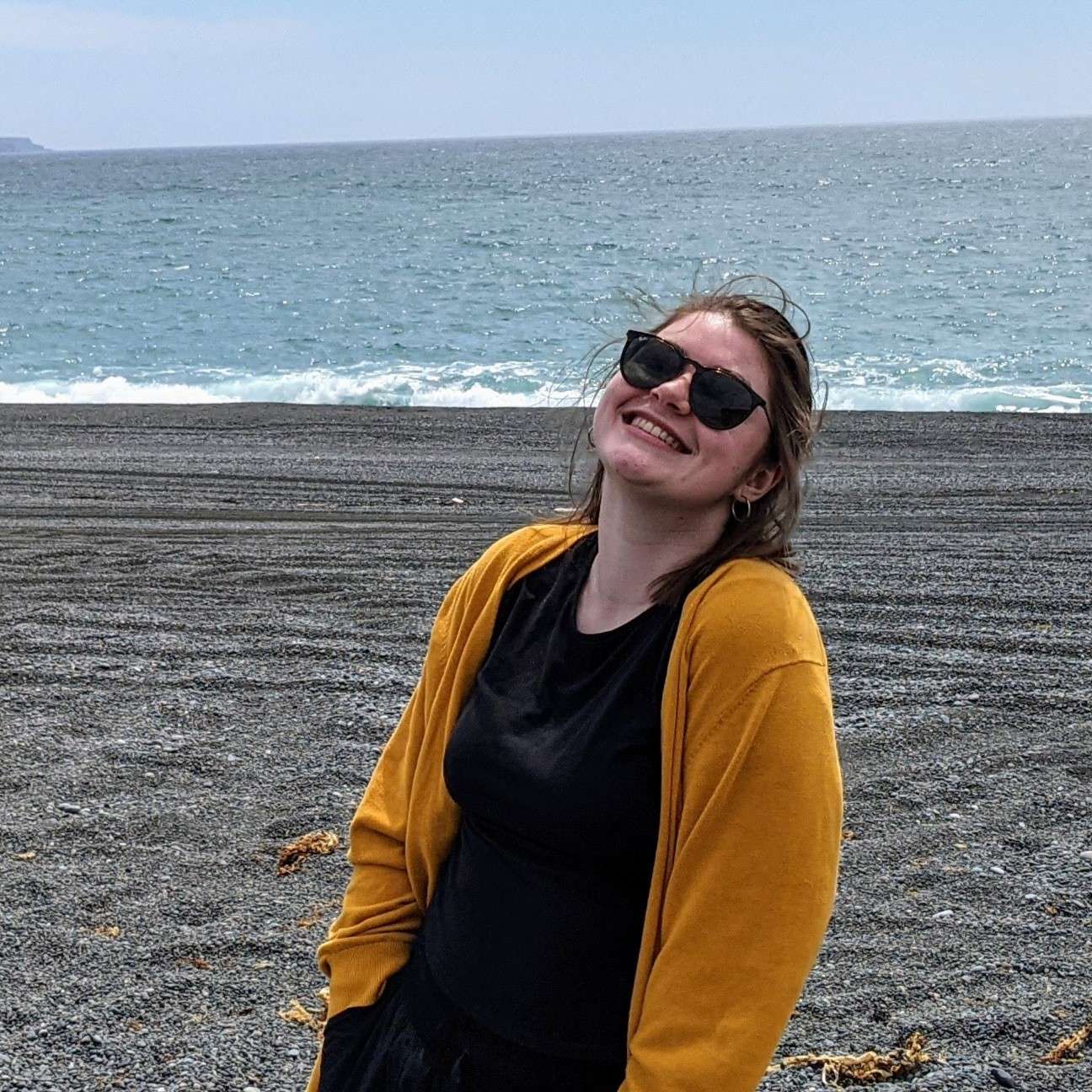
Haley Moriarity
Digital Marketing & Administration Coordinator
In January’s blog What do you do? Side Hustles and the Meandering Career Path, Jody Nelson writes about the prevalence of “side hustles” in the Community Impact Sector, the equity considerations for employers, and how these “gigs” can contribute to our wholeness, creativity, and autonomy. We were curious about Nova Scotia’s “Sector Side Hustlers”, this series of stories highlights just some of the creativity, innovation, and skills that make up our sector.
Jody Nelson (she/her) – Farmer
Learning and engagement Director, Impact Organizations of Nova Scotia (IONS)
Jody’s relationship with the land has always been an instrumental part of her life. She feels a deep connection with food and has shared this with her community as a farmer over the years, either as her primary or secondary source of income. Knowing she could rely on her land to help provide for her as she cared for it allowed her to also do work in the Community Impact Sector that was important to her. This wasn’t always easy and involved an incredible amount of dedication, while also raising her children. She is thankful to have the opportunity to grow food and for all that her side hustle has allowed her to accomplish.
“The deeper reality was that I didn’t feel safe letting go of my farm income. I worked contract to contract for years, some of those years as a single mother. As much as the community sector filled my life with meaning, it did not reliably pay my bills or ease my anxiety about the future. If I had been forced to make a choice between my job or the farm, the safest, most self-reliant choice would have been the farm.”
Jody Nelson (she/her)
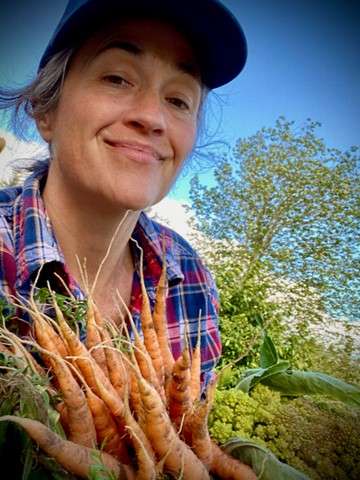
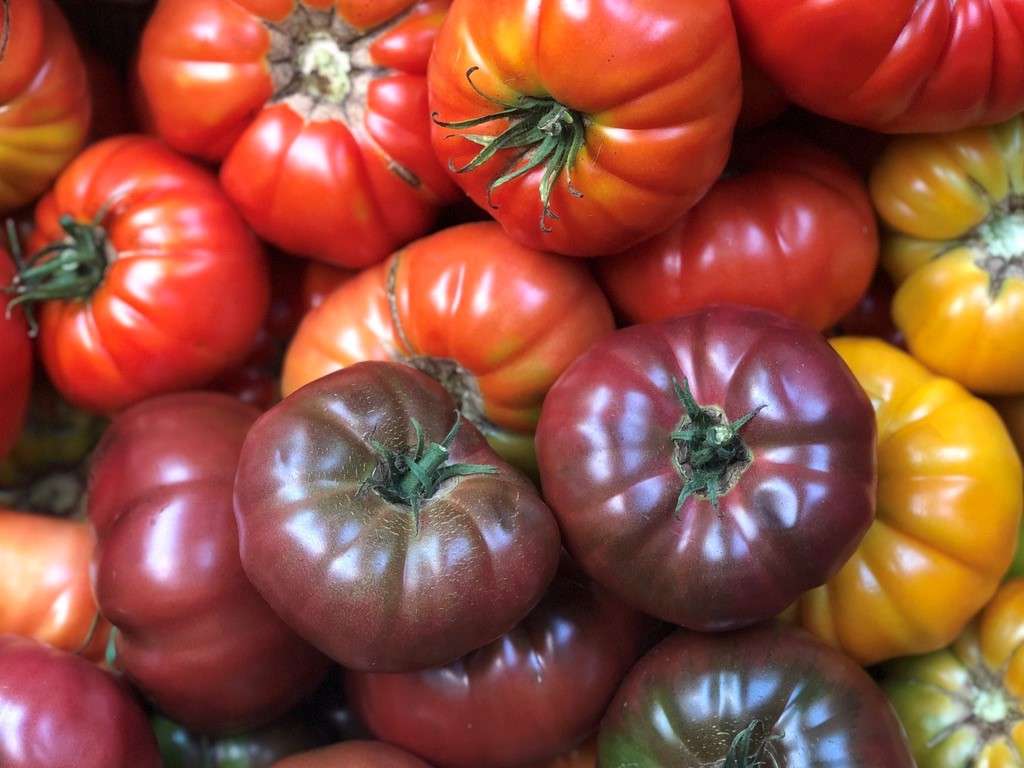
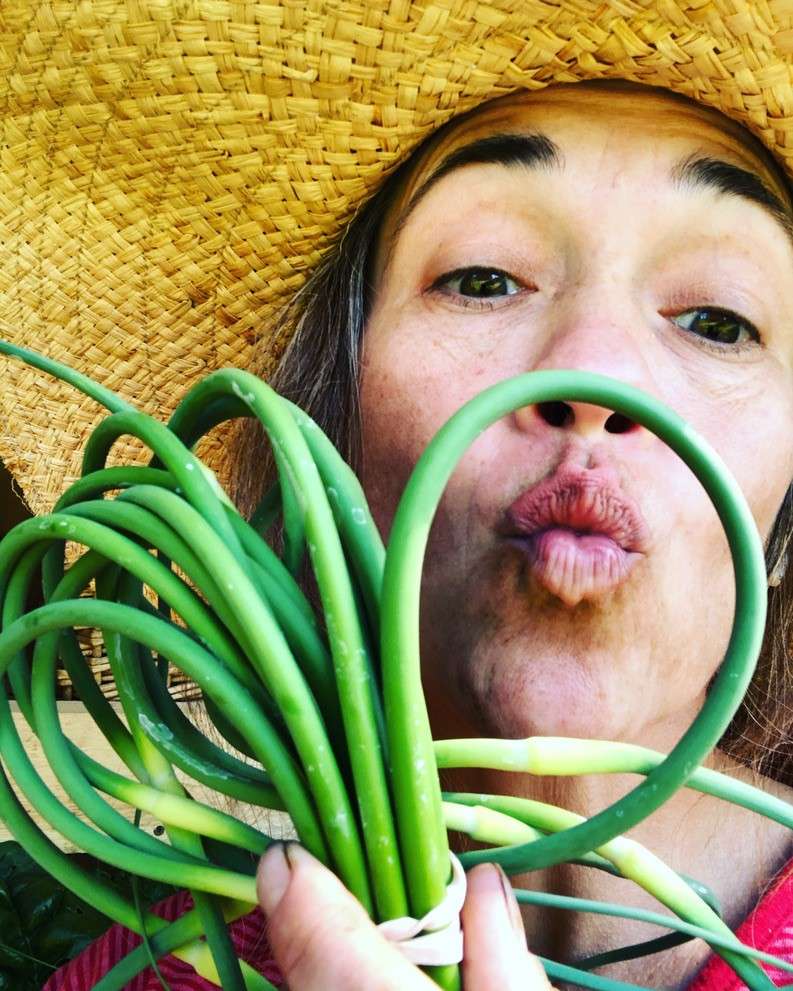
As part of her writing process, Jody also reflected on her own work to learn more about the variety of creative work and talent within the sector. Here’s what Jody had to say about inspirations and evolutions of her side hustle:
Q 1. What’s your day job?
I wear many hats at IONS, just as I have tended towards in my broader life. I am most energized by a project we are calling the Living JEDDI Lab. I steward our team through the decolonizing of our workplace – organizational practices, policies and over time, our culture. I am excited to share and exchange learning around ways of working with other organizations in the sector.
Q 2. Tell me a bit about your side hustle (s). Paint the picture.
Food has always been at the heart of my side hustles. To be honest, my work in the Community Impact Sector began from food-based endeavours that now happen on the side.
I have a small farmstand along the Cabot Trail. It is a ‘take what you need, leave what you can’ arrangement. This is the current iteration of what, in the past was my primary income. I once ran a 75-share vegetable CSA, alongside selling at a couple of farmer’s markets and a bit of local wholesaling. It is a bit of a reverse journey – sometimes people test business ideas on the side, whereas I took what I learned from running a business and translated it into a career in the food security space in non-profit. Farming is a social enterprise, and experiences I gained through my farm still serve me – skills like, working with partners, budgeting, strategic planning, writing funding proposals, communications, hosting volunteers, and contributing to community and social good are all woven into my career.
Q3. What prompted you to start it?
I have a Plant Science degree. I had imagined myself working in international development, but I went back to school as a mature student and the timeline shifted things. I spent 3 months on an internship in Ghana. When I came back, I bought land, got married and started a family, all while finishing school. Being in Ghana made me realize that life is happening right now. There is no linear path to how we live it. In order to put my lifestyle and family choice first, I found myself monetizing that dream. I first dabbled at a small farmers market, and before long I was hooked. It felt like a way to share all that I loved about farming and food. It felt good to give to my community in this way. It also gave me a way to stay home with my children in those early years. They grew up playing in the garden rows, surrounded by seasonal interns that became like family, and of course, eating wholesome food. It wasn’t easy, to say the least, but I like who my kids are growing up to be, and these influences are a big part of it. I like who I am growing up to be too!
Q4. How do you juggle the commitments with your day job and your life?
Once my kids started school, I was ready to circle back…try something new. My entry point to the non-profit world started as a maternity leave position with Ecology Action Centre. I worked as a Community Food Coordinator for several years. It wasn’t hard to justify the farm habit I maintained on the side. It was the network and skillset from farming that made me good at my job.
The deeper reality was that I didn’t feel safe letting go of my farm income. I worked contract to contract for years, some of those years as a single mother. As much as the community sector filled my life with meaning, it did not reliably pay my bills or ease my anxiety about the future. If I had been forced to make a choice between my job or the farm, the safest, most self-reliant choice would have been the farm. Fortunately, I had understanding, accommodating employers who knew I went above and beyond for the work consistently. The juggling act carried on for several years. Looking back, I see that it was a massive amount to carry.
Q5. What has been the response from your employer? What workplace policies or practices might help?
IONS is piloting a four-day work week, which gives me a bit of time to spread my wings in other areas. Fortunately, IONS has not put any limitations on how we use that time. Having a shorter work week is designed to give back time for our wellness, but sometimes wellness looks different for each of us. For me, it looks like creativity, purpose and community connection. My food related side hustles and passion projects give me this. I appreciate that IONS has let this unfold in a way that meets our individual needs.
Q6. How does it impact your work presently, and/or your career? Consider challenges, benefits, learnings, etc.
Besides my farmstand, which is not much of a side hustle these days, I also write for Edible Maritimes. Writing is a new love I am exploring, inside and outside IONS, so it fits, you know? It also keeps me connected to the farm and food community here in Cape Breton. This network is crucial to this rural region, a gap I am hoping to help fill in how IONS supports the community sector across the province.
Q7. Why do you do it?
I do it to feel whole, for autonomy over my life, and for the constant learning. I don’t ever want to be defined only by my job. I do my job to contribute to creating a better world, and I believe a dynamic personal approach to that is how I offer the best of me to community.
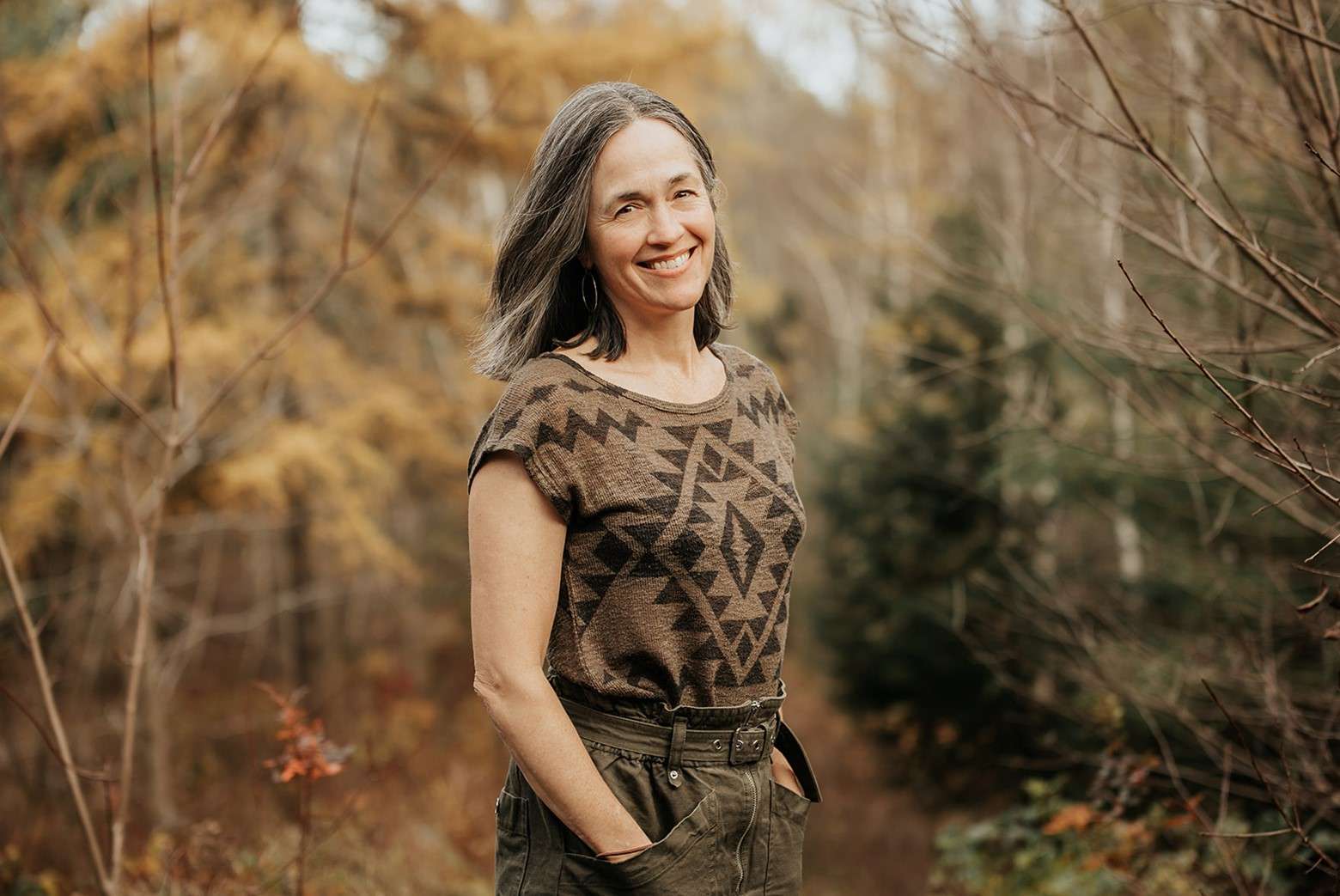
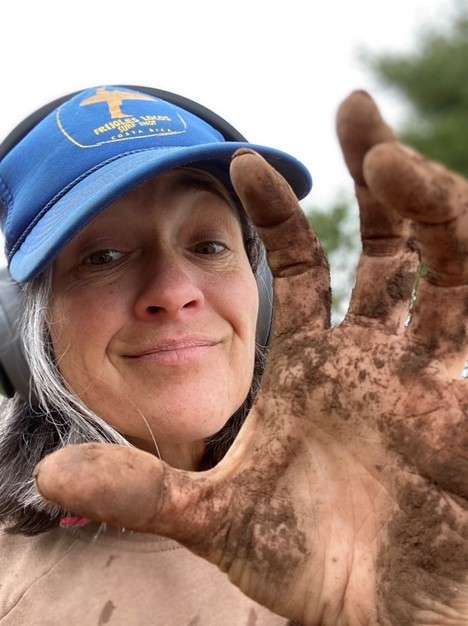
Curious to meet more of Nova Scotia’s Sector Side Hustlers? Stay tuned for the upcoming stories!
Written by:

Haley Moriarity
Digital Marketing & Administration Coordinator
Haley supports many aspects of IONS’ work including communications, events and learning, and operations. Her organization, tech-savviness, and creativity is a huge win for the team!
Liked this post? Please share!
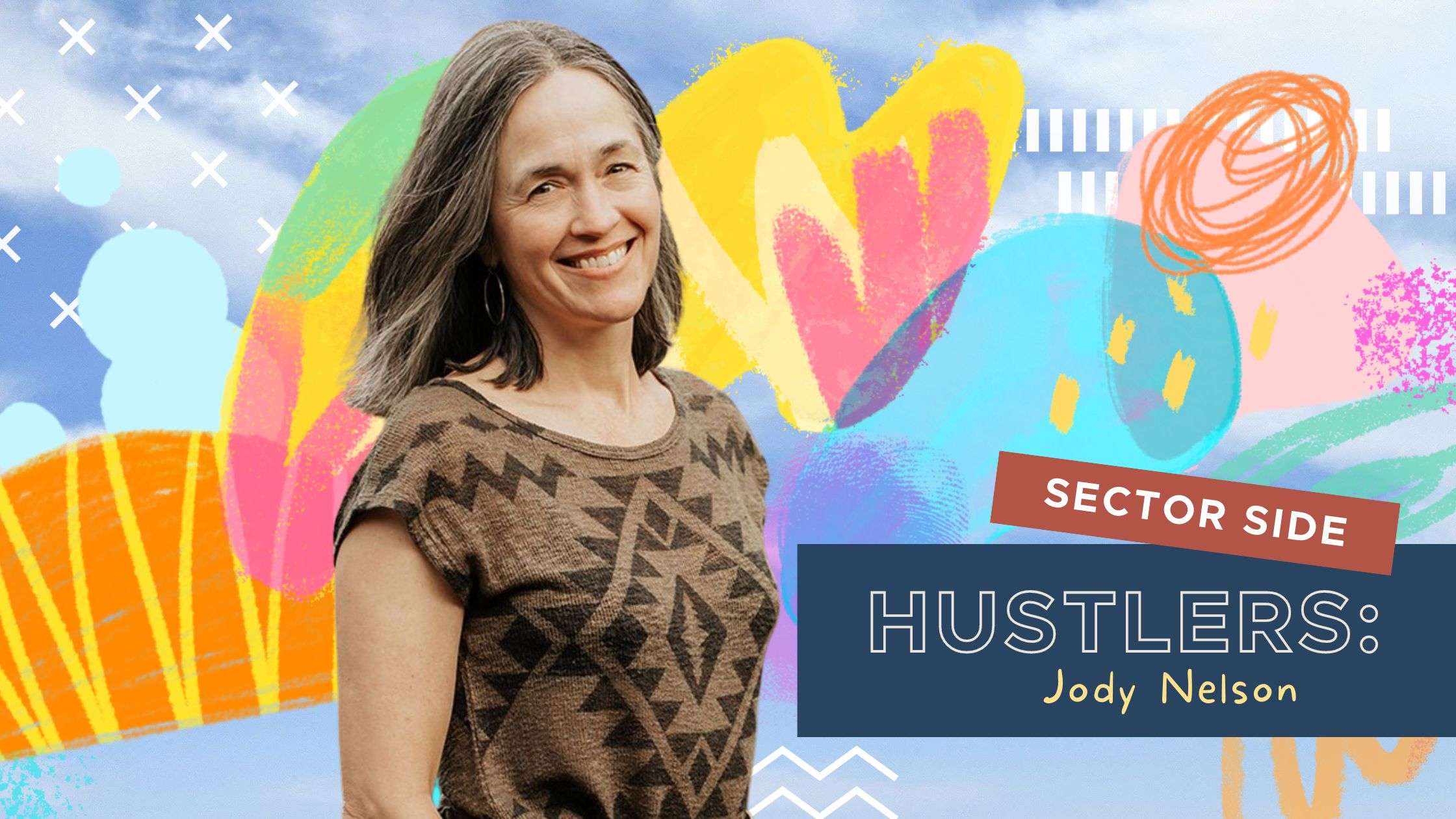
0 Comments